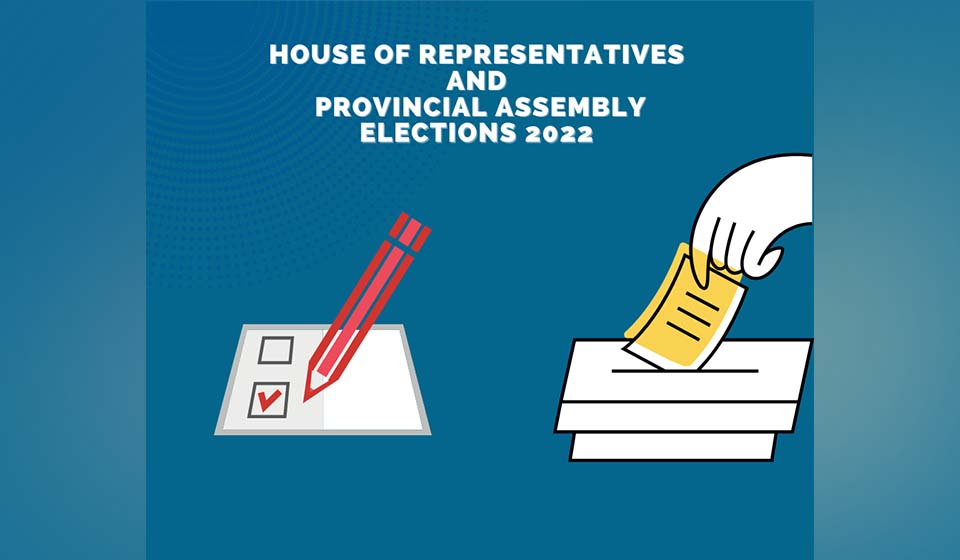KATHMANDU, March 21: A Joint Election Operation Center (JEOC) to be formed under the Election Commission (EC) will mobilize over 200,000 security personnel to ensure security during the upcoming local elections.
The JEOC comprising top officials from four security agencies - Nepal Army, Armed Police Force (APF), Nepal Police and National Investigation Department (NID) -will collect security related information, analyze situations and deploy junior ranking officials to resolve disputes, if any. Senior officials from the Ministry of Home Affairs and EC will also be members of the JEOC to resolve administrative issues.
EC officials said the civil servants will take decisions independently while the security officials in the JEOC will take the lead in controlling electoral violence, ensuring smooth supply of logistics and guarding the polling booths.
"Senior security officials and bureaucrats will be inducted in the JEOC," Election Commissioner Narendra Dahal elaborated on the nature of the cross-security agency body, "They will be fully responsible for coordinating the overall security arrangement for the polls and settling possible tensions at the local level.''
Around 200,000 security personnel will be deployed for the elections. Of them, 54,000 security personnel will be from Nepal Police, 30,000 from the APF and over 1,000 intelligence staff. The Nepal Army will provide security backup. Apart from this, around 75,000 temporary police personnel will be deployed for the elections. The EC plans to recruit ex-security personnel and women as temporary security personnel.
The idea of forming the cross-security agency body was introduced after the election body concluded that maintaining law and order could be tougher during the elections mainly when ministries do not fully support the EC.
Before mandating JEOC to work in the full swing, the EC is preparing to categorize the security situation into extremely sensitive, sensitive and normal categories. "We are receiving the security threat analysis from the security agencies," said Commissioner Dahal.
As a part of maintaining foolproof security during the election, the EC is preparing to install Geographical Information System (GIS) mapping of all polling booths. "Technicians are working to this effect. Installation of GIS mapping will help security personnel to maintain security and conduct the elections in a free, fair and credible manner," said Dahal.
In 2013's elections, the EC had installed GIS mapping of all polling stations while practice of forming a cross-security agency mechanism is being practiced since 2008 Constituent Assembly elections.
The national army, which was cantoned under UN monitored barracks, was not involved in the security arrangements for the 2008 elections. Since then the army has been working as the back up force during elections.
300,000 security personnel to be mobilized during Nov 20 Nepal...



-1200x560-1772467693.webp)

































